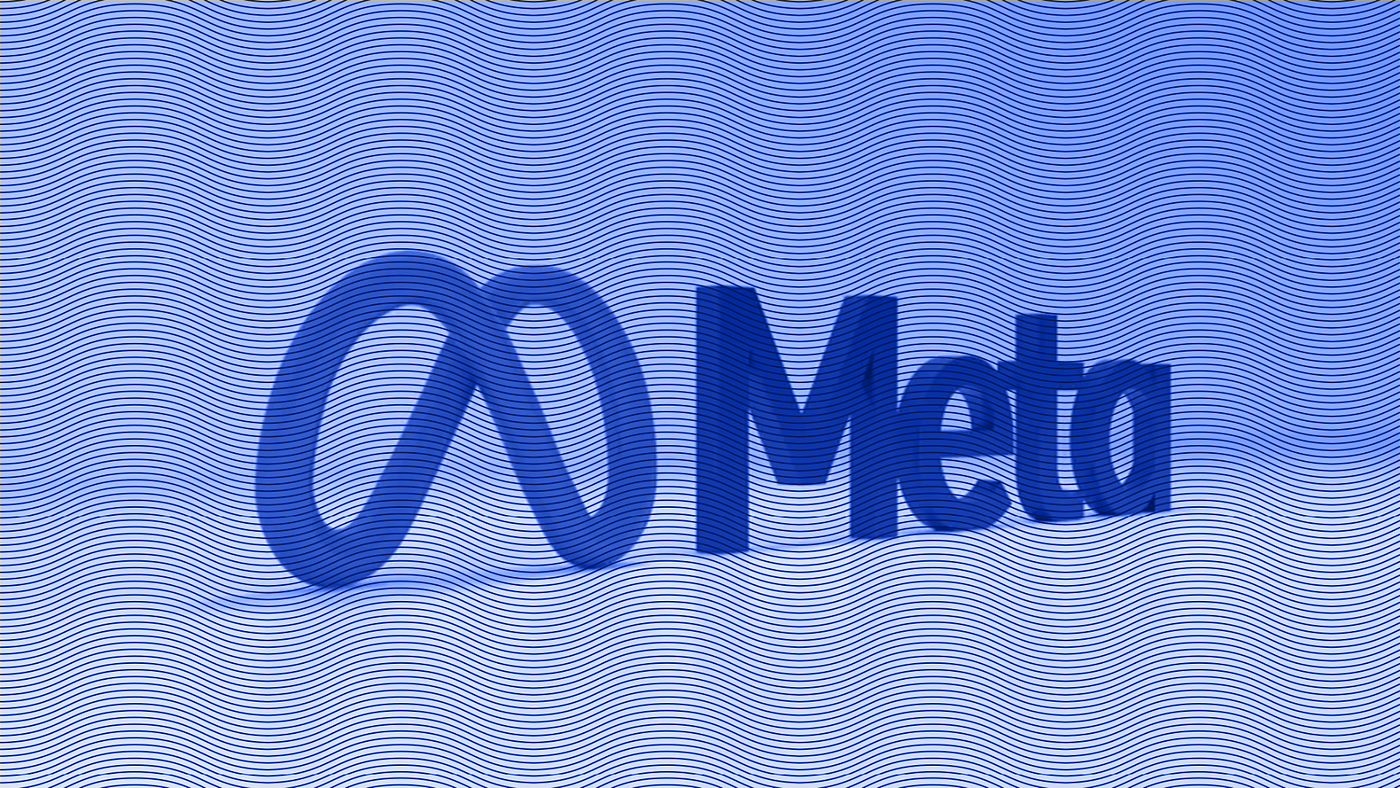Meta’s independent Oversight Board, tasked with reviewing and potentially overturning the company’s content moderation decisions, has issued rulings on 53 cases in 2023. This figure marks a decrease compared to previous years, raising questions about the board’s efficacy and influence within the tech giant.
The Oversight Board, established in 2020, was intended to provide an external check on Meta’s immense power over online speech. It consists of experts from diverse backgrounds who deliberate on controversial content decisions, such as whether to remove or reinstate posts on Facebook and Instagram.
A Slowing Pace of Decisions
While the board initially garnered attention for overturning several high-profile decisions, its output has seemingly diminished. In its first year, the board issued 19 rulings. This increased to 62 in 2021 but dropped to 53 in 2023. The reasons for this decline are multifaceted.
One factor could be the sheer volume of content Meta handles. With billions of users posting daily, the number of potential appeals far exceeds the board’s capacity. The board itself acknowledges this challenge, stating that it carefully selects cases with the potential to set broader precedents or clarify Meta’s policies.
However, critics argue that the board’s impact remains limited. Its decisions are binding only on the specific cases it reviews, and Meta retains the authority to implement or disregard the board’s policy recommendations. Additionally, the board’s focus on individual cases may not address the underlying systemic issues with Meta’s content moderation algorithms and practices.
Growing Scrutiny and Calls for Reform
The Oversight Board’s performance has come under increasing scrutiny, with some questioning its independence from Meta. The company funds the board’s operations and selects its members, albeit through a somewhat independent nomination process. Concerns have also been raised about the board’s lack of transparency regarding its case selection criteria and internal deliberations.
Several civil society organizations and digital rights advocates have called for reforms to strengthen the board’s authority and independence. These include expanding the board’s scope to cover other Meta platforms, such as WhatsApp, and granting it the power to initiate its own investigations into systemic issues.
Meta’s Response and Future Outlook
Meta has defended the Oversight Board, emphasizing its importance in fostering external accountability and ensuring fairness in content moderation. The company has also implemented some of the board’s recommendations, such as improving its appeals process and providing more context around content removals.
However, the future of the Oversight Board remains uncertain. Meta has faced growing pressure from governments and regulators worldwide over its content moderation practices. The company’s own missteps, such as the Cambridge Analytica scandal, have eroded public trust in its ability to self-regulate. Whether the Oversight Board can evolve to meet these challenges and fulfill its potential as a truly independent check on Meta’s power remains to be seen.










Add Comment